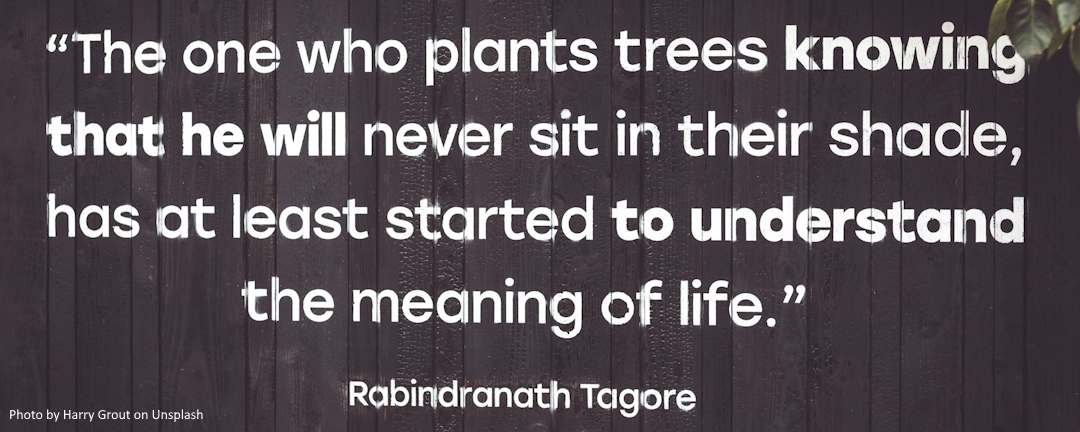
Personal Finance and Stewardship for Low-Income Households
Stewardship is a Luxury
For many Canadians earning minimum wage, stewardship feels like a luxury word. It belongs to the vocabulary of the wealthy, people with disposable income, not those just trying to get through the month.
Imagine a single parent working multiple part-time jobs without benefits, facing rising rent, food, and transportation costs. If stewardship simply means “budgeting better,” it feels unattainable.
Stewardship is often misunderstood as something only possible when you already have a margin of safety. But what if stewardship is bigger than that?
What is Stewardship?
Reducing stewardship to “budgeting” overlooks the dignity of those with limited means. It also risks blaming individuals for systemic issues such as wages that don’t cover living costs, a shortage of affordable housing and child care, or the instability of part-time and gig economy jobs. Escaping poverty is difficult when structural barriers are built into society.
The word stewardship comes from the idea of being entrusted with resources that are not entirely our own. In Christian contexts, it has meant managing money and possessions so the church could carry out its mission. More broadly, stewardship means the responsible care of what we have: money, time, the environment, or relationships. This wider definition matters because it includes everyone, not only those with extra income to give away.
Still, the challenges are real. Taxes feel like a burden when income is tight. Government benefits can be confusing or overlooked. And generosity may seem impossible when survival feels like the only goal. The result: stewardship sounds unattainable, leaving people discouraged.
Stewardship Belongs to Everyone
Stewardship is not primarily about how much money we have. It is about:
- Connecting financial decisions—large or small—to values and priorities.
- Recognizing that through taxes and benefits, even low-income households participate in community and national stewardship.
- Claiming the tools society provides, such as:
- Canada Child Benefit (CCB)
- GST/HST credit
- Canada Learning Bond (CLB) and Canada Education Savings Grant (CESG)
- Note: Filing a tax return is essential to obtain these benefits, even if no tax is owed.
Stewardship also includes sharing time and talents, not just money. In this sense, stewardship belongs to everyone.
Practical Examples of Stewardship
Government benefits as stewardship tools. For higher-income earners, paying taxes that fund programs like the CCB or CLB is stewardship in action. For lower-income families, claiming these benefits is not charity; it is responsible management of resources designed to help households thrive.
Taxes as shared stewardship. Paying taxes can feel painful when every dollar counts, but the system gives back:
- Old Age Security (OAS) is funded from general revenues and supports Canadians in retirement.
- The Guaranteed Income Supplement (GIS) provides additional tax-free support for low-income seniors.
- The CCB offers meaningful help to parents with children.
- Education savings are encouraged through the CESG, which adds 20% to RESP contributions, with extra support for lower-income households. Even without contributions, the CLB provides RESP funds.
These supports are not only for university. College diplomas, apprenticeships, and skilled trades programs also qualify.
Charitable giving. Any registered donation earns a tax credit, but gifts over $200 (combined with a spouse or partner, if desired) receive a 29% federal credit—higher than the lowest tax bracket. For example, in Ontario, a $500 donation by a household in the lowest bracket reduces taxes by about $160. While the donor is still giving, the tax system amplifies the impact. Of course, if your taxes are already reduced to zero, donating more won’t put money back in your pocket, though giving time and abilities remains valuable.
The takeaway: Taxes are not simply money lost; they are transformed into present support (CCB), future income (OAS/GIS), and even enhanced generosity (charitable tax credits).
This perspective is empowering. There is dignity in small, good faith acts of managing money, no matter the scale.
Next Steps
- Identify and apply for all available benefits (tax credits, provincial supports, child benefits).
- Reframe budgeting: instead of focusing on “spending less,” see it as aligning limited resources with what matters most.
- Practise small-scale generosity: offer your time, share your skills, be neighbourly.
In sum: Stewardship is for everyone—not just the wealthy or middle class. For Canadians at all income levels, stewardship means choosing wisely with what we have, contributing to the common good, and living with dignity and purpose.
This is the 299th blog post for Russ Writes, first published on 2025-09-15.
If you would like to discuss this or other posts, connect on Facebook, Twitter aka X, LinkedIn, Instagram, Mastodon, or Bluesky.
Click here to contact me for an appointment.
Click here and select FinPlan30: Financial Planning in 30 min under Specific Questions for a 30-minute free, no-obligation financial planning conversation.
Click here for a 2-week free trial of the Money Architect Financial Planning platform.
Disclaimer: This blog post is intended for general information and discussion purposes only. It should not be relied upon for investment, insurance, tax, or legal decisions.
Photo by Harry Grout on Unsplash


